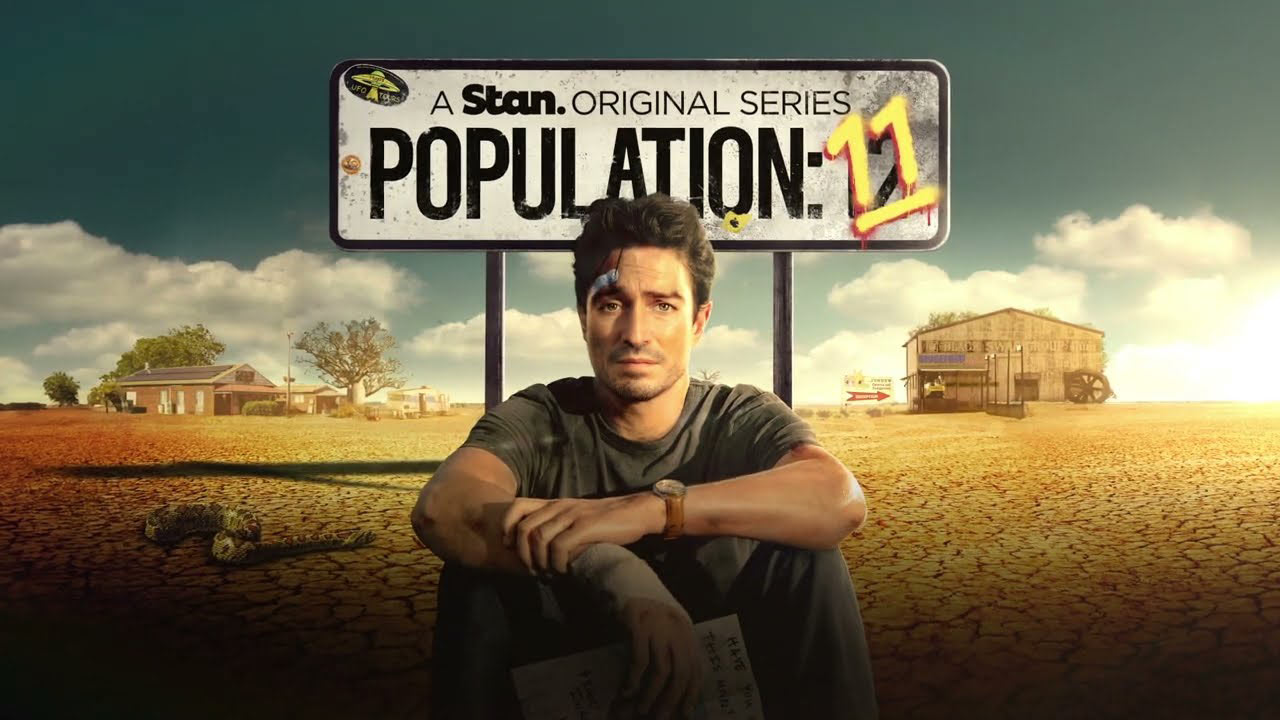Subscribe
As of June 19 2019, voluntary assisted dying is a lawful choice for eligible Victorians. The Voluntary Assisted Dying Act 2017 (Vic) (the Act) provides strict eligibility criteria which requires the person to be diagnosed with a disease, illness or medical condition which is incurable, advanced and progressive; likely to cause death within 6 months (or within 12 months for neurodegenerative diseases) and causes suffering to the person which cannot be relieved. The person must also:
- be aged 18 or over;
- be an Australian citizen or permanent resident, ordinarily resident in Victoria for at least 12 months; and
- have decision-making capacity;
- an illness that causes suffering that cannot be relieved in a manner that the person finds tolerable.
There is debate about how voluntary assisted dying effects life insurance claims. Most life insurance policies do not pay a death benefit if someone commits suicide during the first 13 months of being insured (this exclusion period may vary depending on the policy). The question remains whether a beneficiary will be entitled to a lump sum payout on the death of a person who accesses voluntary assisted dying and ultimately whether the cause of death will be considered suicide.
While the Life Insurance Act 1995 (Cth) makes provision for insurers excluding liability in suicide, it does not provide a definition of suicide. Thankfully the new legislation provides some clarity as to whether voluntary assisted dying will be the cause or manner of death.
Section 119 of the Act inserts into the Births, Deaths and Marriages Registration Act 1996 (Vic) the requirement for the Registrar, upon being notified of a death pursuant to the Act, to register the death by making an entry which records:
- the cause of death as the disease, illness or medical condition which was the ground for a person to access voluntary assisted dying; and
- that the person was the subject of a voluntary assisted dying permit (prescribing the medication to end one’s life), which can then be self-administered, or be administered by the person’s coordinating medical practitioner; and
- that voluntary assisted dying was the manner of death.
According to the Act, the person’s underlying illness will ultimately be listed as the cause of death of that person. Since the cause of death is not listed as voluntary assisted dying; it is not necessary to determine whether it fits the definition of suicide as described in life insurance policies.
Nevertheless, until case law provides clarity on this area, it is unclear how this legislation will truly impact upon insurance policies and the suicide exclusion clauses.
We are yet to see how insurers respond to the new legislation and whether pricing of life insurance policies will be amended to adequately reflect the legislation.
To minimise concerns, you should speak to your insurer.
For any further information, please don’t hesitate to contact us on 03 9670 5000.
This article was written by Insurance lawyer, Zoe Fatouros.
DISCLAIMER: We accept no responsibility for any action taken after reading this article. It is intended as a guide only and is not a substitute for the expert legal advice you can get from marshalls+dent+wilmoth and other relevant experts.
Subscribe




